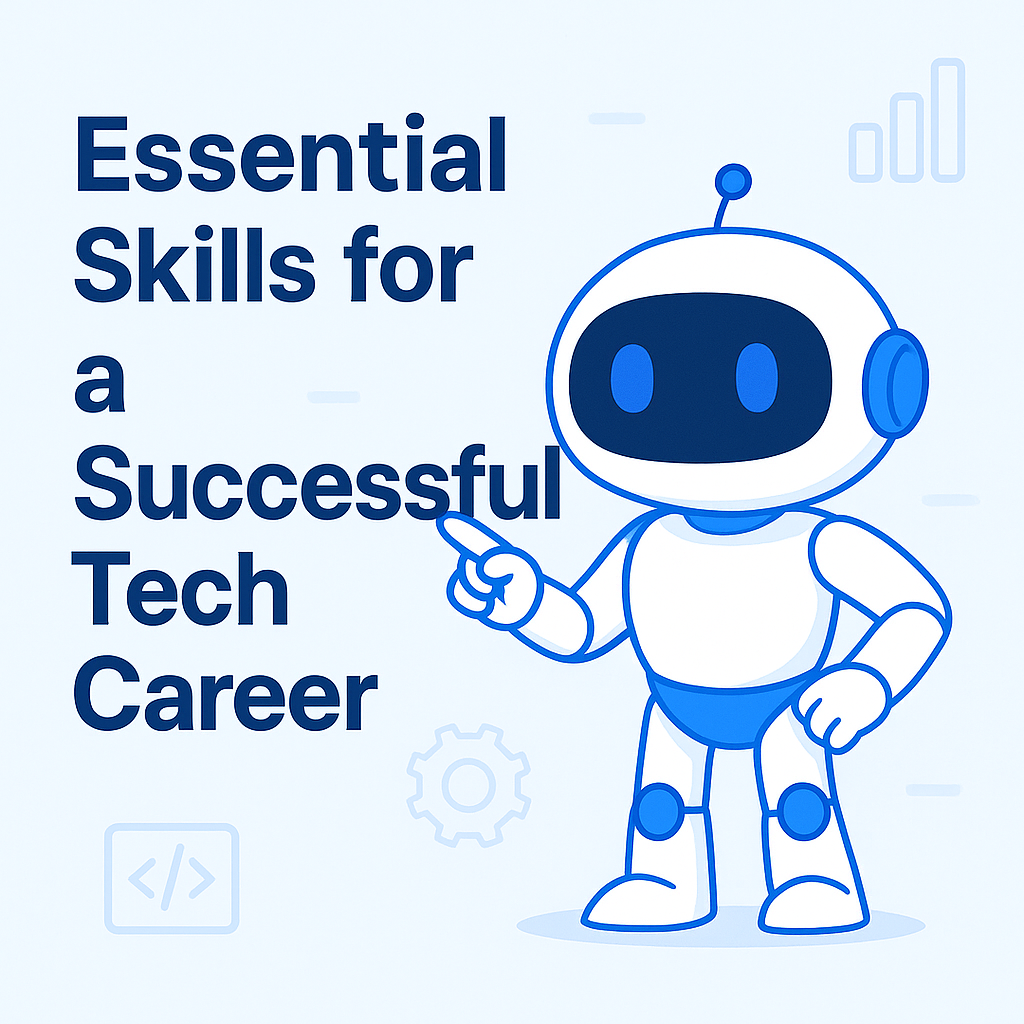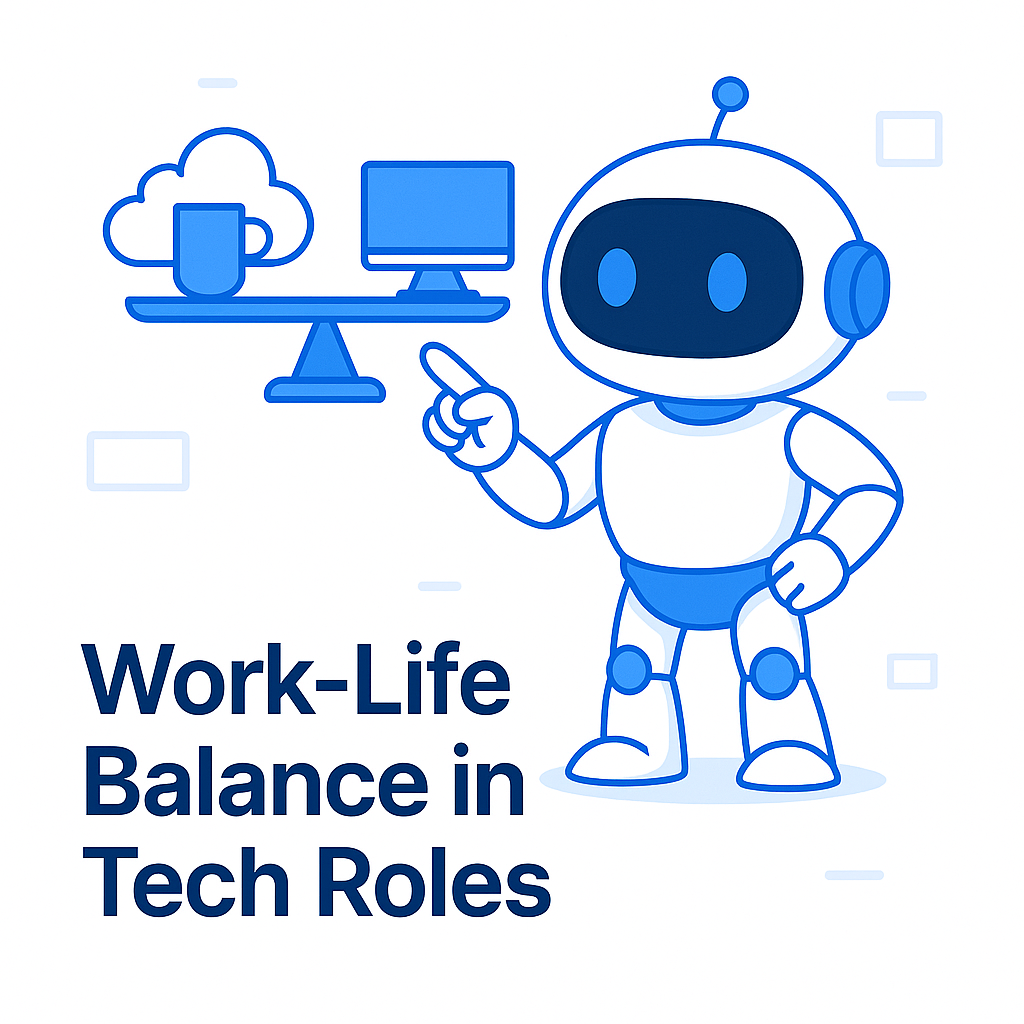
The tech industry continues to boom, with the Bureau of Labor Statistics projecting 15% growth in roles by 2031. That means over 377,500 job openings annually—far outpacing many other fields. Even entry-level positions often start at $50,000+, with top earners reaching six figures.
Remote work has become standard, expanding opportunities beyond Silicon Valley. From AI specialists to cybersecurity experts, demand spans industries. IBM reports a 33% slowdown in AI adoption due to skill gaps—highlighting the need for trained professionals.
With 69% of 2024 job postings requiring AI expertise, now is the time to build relevant skills. Whether coding, data analysis, or cloud computing, tech careers offer stability and growth.
Employers across industries struggle to fill tech positions, creating vast opportunities for skilled professionals. The tech industry boasts a 2.3% unemployment rate—far below the national 3.9% average. With 4 million cybersecurity roles unfilled globally, job security is virtually guaranteed.
Cybersecurity roles will grow 32% by 2032, per federal projections.
"The workforce gap leaves organizations vulnerable to attacks,"
warns ISC2’s 2023 report. Even entry-level IT support jobs start at $50k, while cybersecurity specialists earn $97k on average.
Healthcare and retail now drive demand, with 55% of tech workers employed outside the tech industry. Climb Hire reports 80% of graduates land jobs within a year—proof of market resilience.
Software developers command a $120k median salary, per BLS data. Fortune 500 firms sweeten deals with student loan repayment and upskilling programs. Google and Meta certifications now rival degrees, democratizing access to high-paying career paths.
Key insight: Non-traditional sectors like finance and manufacturing increasingly compete for tech talent, broadening growth opportunities.
Cutting-edge roles dominate hiring trends as digital transformation accelerates. Companies prioritize talent with expertise in development, analytics, and threat mitigation.
With 153,900 annual openings projected, software developers remain indispensable. Full-stack pros leverage JavaScript, Node.js, and Python to build seamless applications. Front-end specialists focus on UI frameworks like React, while back-end engineers optimize server logic.
Salaries range from $80k for juniors to $150k+ for architects. Remote roles now comprise 60% of listings, per FlexJobs.
Data science teams drive decisions by cleaning datasets and training AI models. Machine learning engineers earn $161k on average, designing algorithms for fraud detection or personalized recommendations.
"40% of businesses will hire AI specialists by 2025,"
projects the World Economic Forum. Healthcare applications, like diagnostic tools, amplify demand.
Each data breach costs $4.45 million, reports IBM Security. Cybersecurity experts mitigate risks through ethical hacking and firewall configurations. Certifications like CISSP boost earning potential to $120k+.
Emerging niches include quantum computing and prompt engineering. The cloud sector alone needs 1.7 million more professionals by 2025.
Compensation packages reveal the value placed on digital expertise. Entry-level salaries for software developers average $84k, while senior data engineers surpass $200k with equity. Geographic location and certifications further influence earnings.
Junior cloud engineers earn $60k, but experience triples earnings to $130k+. FAANG companies add stock options, pushing total compensation higher. Remote roles often adjust pay by region—Silicon Valley offers 20% premiums over Austin.
AWS certifications deliver a 23% salary bump, per Global Knowledge. Multiverse apprenticeships report $50k starting wages, proving alternatives to degrees.
Artificial intelligence specialists lead with $161k median pay. NLP engineers progress to research leads, doubling earnings. Cloud architects at Google/Amazon clear $180k with hybrid schedules.
"Certifications like CISSP and GCP bridge skill gaps faster than degrees,"
notes a 2024 LinkedIn report. Specialization remains the fastest path to six-figure salaries.

Mastering both technical and interpersonal abilities separates top performers in digital fields. Employers prioritize candidates who can write efficient code and explain complex concepts to stakeholders. Below, we break down the must-have competencies for 2024.
Python dominates 80% of data science job postings (Indeed), while JavaScript remains essential for web development. Specialized roles demand tailored stacks:
Agile methodologies like Scrum streamline project management. Technical writing—for documentation or reports—ensures clarity across teams.
"73% of hiring managers value communication over certifications,"
per LinkedIn’s 2024 survey. UX designers, for example, bridge gaps between developers and marketers by translating user needs into actionable specs.
Critical skills include conflict resolution, client requirement analysis, and cross-functional teamwork. A case study at Spotify showed teams with strong communicators delivered projects 30% faster.
Breaking into digital fields requires strategic planning, but multiple pathways exist for success. With 45% of 2024 roles no longer requiring four-year degrees, aspiring professionals can choose between traditional education, accelerated programs, or self-directed learning. Each route offers unique advantages for launching a career path.
Universities provide comprehensive theory, while bootcamps focus on job-ready skills. Compare costs and outcomes:
OptionCostDurationOutcomeComputer Science Degree$80,000+4 yearsBroad foundational knowledgeCoding Bootcamp$15,0003–6 monthsPortfolio projects + job placement
Apprenticeships like Multiverse combine paid training with real-world experience. Graduates report 85% employment rates within six months.
"CompTIA A+ certification increases interview rates by 68%,"
per Burning Glass. Top credentials include:
Platforms like Coursera offer self-paced courses for under $500. Pair certifications with GitHub contributions or Kaggle rankings to showcase practical abilities.
Networking accelerates job searches. Attend hackathons or LinkedIn groups to connect with hiring managers. Tools like GrooveCV’s AI analyzer optimize resumes by matching keywords to job descriptions—boosting recruiter visibility.
Pro tip: Many land their first role within six months by combining certifications, portfolio projects, and strategic outreach.

Flexible work arrangements now define modern tech roles, blending productivity with personal well-being. Over 32% of U.S. companies offer full remote flexibility, per 2024 data. Stanford researchers found 63% of remote workers report higher output—dispelling myths about location constraints.
Async tools like Slack and Zoom huddle rooms enable seamless collaboration across time zones. Results-Oriented Work Environments (ROWE) prioritize deliverables over clocked hours. Bolt and Kickstarter pilot four-day workweeks, with 78% of staff reporting reduced stress.
Top firms invest $5,000+ annually in continuous learning budgets. Pair programming and Pomodoro timers combat burnout.
"Flexibility attracts top talent more than ping-pong tables ever did,"
notes a GitLab HR director.
The industry evolves fast, but mental health support keeps pace. Calm app subscriptions and therapy stipends are now standard. Google’s on-site masseuses contrast with Discord’s VR game rooms—each fostering team cohesion.
Rapid advancements create unique hurdles for professionals in digital fields. While the tech industry offers exceptional growth, professionals face constant skill refreshes and hiring volatility. Adaptability becomes as crucial as technical expertise.
IBM reports 33% of companies delay AI adoption due to skill shortages. Framework fatigue is real—React, Vue, and Svelte updates demand quarterly relearning. Specialists spend 20% of work hours upskilling.
Nanodegrees from Coursera or Udacity help bridge gaps. Key insight: Cloud certifications expire every two years, creating recurring credential cycles. Incident response teams train via simulated cyberattacks to stay sharp.
Levels.fyi tracks 300+ applicants per FAANG entry-level opening. Meta’s 2023 layoffs contrasted with 2024 rehiring sprees show market unpredictability. Ageism in youth-centric startups adds another layer.
"Take-home projects now replace 8-hour LeetCode marathons,"
notes a Stripe hiring manager. Consulting gigs and open-source contributions build redundancy buffers. Stress management workshops help navigate crunch periods.
The field rewards those who treat learning as a lifestyle. Side projects demonstrate adaptability to hiring managers. With strategic planning, challenges become stepping stones.
From agriculture to entertainment, tech roles penetrate every major industry. CompTIA reports 55% of digital professionals now work for non-tech companies—proof that coding skills translate across sectors.
Healthcare IT jobs grow 28% faster than average, per BLS. Epic Systems hires hundreds to customize electronic health records. John Deere’s autonomous tractor teams blend mechanical engineering with AI.
In finance, Goldman Sachs invests heavily in blockchain teams. Manufacturing giants like GE need Predix platform developers for IoT systems. Lockheed Martin’s quantum computing division rivals pure-tech firms in talent competition.
Walmart Labs scales e-commerce infrastructure to handle 5,000+ transactions per second. MLB Advanced Media streams games using custom video algorithms. Even Tesla Energy seeks battery management software specialists.
"Every company is now a tech company,"
These roles often offer unique perks. John Deere provides farm robotics field testing. MLBAM staff get World Series access. Salaries frequently match Silicon Valley scales, with lower living costs.
Landing your dream role starts with a resume that stands out in competitive markets. Applicant Tracking Systems (ATS) reject 75% of submissions before human review. Tools like GrooveCV use AI to ensure your credentials clear these digital gatekeepers.
GrooveCV’s platform analyzes job descriptions to identify critical keywords. The system then suggests optimizations to match recruiter priorities. Real-world results show users achieve 62% faster hire rates.
"78% of recruiters prioritize resumes with measurable achievements,"
notes LinkedIn’s 2024 hiring report. The achievement bullet point generator transforms generic responsibilities into quantifiable impact statements like:
Live editing features allow collaboration with career coaches. The resume health score targets top 10% performance benchmarks. Compare optimization methods:
FeatureTraditionalGrooveCV AIATS CompatibilityManual keyword guessingAutomated job description analysisPortfolio LinksStatic URLsGitHub/Behance integration with previewsIndustry FitGeneric templatesCustom layouts for DevOps vs Data Science
Start optimizing today at www.groovecv.com. Professionals using these tools report 3x more interview invites within weeks.
Digital expertise unlocks doors across industries with unmatched potential. The tech careers sector grows 15% faster than average, offering opportunities from $50k entry roles to $200k+ senior positions.
Certifications keep skills sharp in this fast-paced career path. Tools like GrooveCV optimize resumes for 62% faster hires—critical in competitive markets.
Emerging fields like spatial computing and bioinformatics promise new growth. Start today with free skill assessments and visit GrooveCV to stand out.
High demand for skilled professionals and competitive salaries create stable, rewarding opportunities across various sectors.
Software development, data science, and cybersecurity are leading fields with increasing demand and high earning potential.
Entry-level positions start strong, while experienced professionals in cloud computing or AI often earn six-figure incomes.
Proficiency in Python or JavaScript paired with problem-solving abilities gives candidates an edge in competitive job markets.
Many employers accept coding bootcamp credentials, especially when combined with industry certifications like AWS or CompTIA.
Hybrid and fully remote positions are common, particularly in software development and digital marketing roles.
Rapid skill obsolescence requires continuous learning, while economic shifts can temporarily impact hiring in certain specialties.
Healthcare systems, financial institutions, and automotive manufacturers increasingly hire developers and data analysts.
Platforms like GrooveCV optimize resumes with recruiter-preferred formatting and real-time performance feedback.